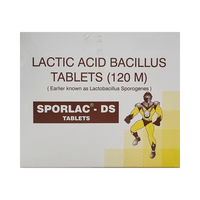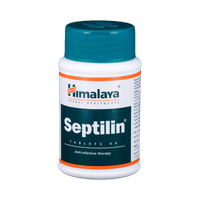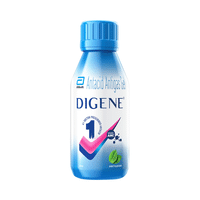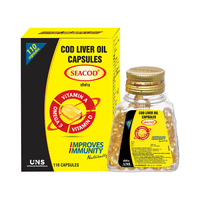Cubicin 350mg Injection

Rs.4866for 1 vial(s) (1 Injection each)
food interaction for Cubicin Injection
alcohol interaction for Cubicin Injection
pregnancy interaction for Cubicin Injection
lactation interaction for Cubicin Injection
food
alcohol
pregnancy
lactation
No interaction found/established
Consuming alcohol with Cubicin 350mg Injection does not cause any harmful side effects.
SAFE
Cubicin 350mg Injection is generally considered safe to use during pregnancy. Animal studies have shown low or no adverse effects to the developing baby; however, there are limited human studies.
SAFE IF PRESCRIBED
Cubicin 350mg Injection is probably safe to use during breastfeeding. Limited human data suggests that the drug does not represent any significant risk to the baby.
SAFE IF PRESCRIBED
SALT INFORMATION FOR Cubicin 350mg Injection
Daptomycin(350mg)
Cubicin injection uses
{med_name} is used in the treatment of severe bacterial infections.
How cubicin injection works
Cubicin 350mg Injection is an antibiotic. It kills bacteria by destroying the bacterial cell membrane.
Common side effects of cubicin injection
Rash, Decreased blood pressure, Headache, Dizziness, Breathlessness, Abnormal liver function tests, Urinary tract infection, Diarrhea, Increased creatine phosphokinase (CPK) level in blood
SUBSTITUTES FOR Cubicin Injection
9 Substitutes
9 Substitutes
Sorted By
 Rs. 6449.50pay 29% more per Injection
Rs. 6449.50pay 29% more per Injection Rs. 4228save 16% more per Injection
Rs. 4228save 16% more per Injection Rs. 4577.13save 9% more per Injection
Rs. 4577.13save 9% more per Injection Rs. 5300pay 6% more per Injection
Rs. 5300pay 6% more per Injection Rs. 4949save 1% more per Injection
Rs. 4949save 1% more per Injection
Expert advice FOR Cubicin Injection
- Daptomycin is usually only given in the hospital for treating serious bacterial infections of the blood, heart, skin and soft tissues.
- It is given by a drip into a vein (intravenous infusion).
- Your doctor may monitor the health of your muscles before you start treatment and frequently thereafter.
- Diarrhea may occur as a side effect but should stop when your course is complete. Inform your doctor if it doesn't stop or if you find blood in your stools.
- Discontinue Daptomycin and inform your doctor immediately if you get any unusual tingling, burning or numbness of the hands or feet, tenderness, weakness or cramps.
- Inform your doctor if you are pregnant, planning to conceive, or breastfeeding.
Frequently asked questions FOR Cubicin 350mg Injection
Daptomycin
Q. What is Cubicin 350mg Injection? What is it used for?
Cubicin 350mg Injection is an antibiotic that fights bacteria. It is used to treat severe infections of the skin, soft tissues, heart and blood. It is commonly used to treat critically ill patients who are hospitalized.
Q. How is Cubicin 350mg Injection administered?
Cubicin 350mg Injection should be administered under the supervision of a trained healthcare professional or a doctor only and should not be self-administered. The dose will depend on the condition you are being treated for and will be decided by your doctor. Follow your doctor’s instructions carefully to get maximum benefit from Cubicin 350mg Injection.
Q. Is Cubicin 350mg Injection safe?
Cubicin 350mg Injection is safe if used in the dose and duration advised by your doctor. Take it exactly as directed and do not skip any dose. Follow your doctor's instructions carefully and let your doctor know if any of the side effects bother you.






















